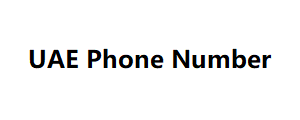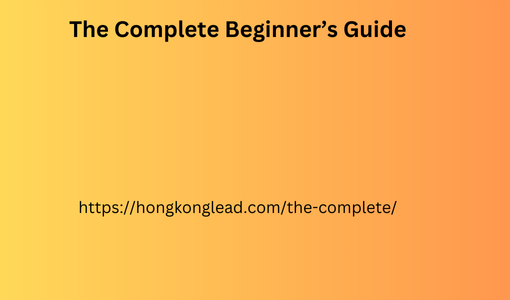The ever-evolving digital landscape presents exciting opportunities for businesses to generate leads. However, regulations play a crucial role in ensuring fair and ethical practices. Understanding these regulations is vital for businesses to avoid legal pitfalls and build trust with consumers.
The Landscape of Lead Generation Regulations:
Lead generation regulations vary depending on the industry and the specific methods employed. However, some key areas are heavily regulated. Particularly when it comes to consumer privacy and unsolicited communications.
Here’s a breakdown of some prominent regulations:
Telephone Consumer Protection Act (TCPA): This US federal law governs telemarketing calls, text messages, and automated robocalls. It establishes limitations on when and how these communications can be made. Requiring prior express written consent from consumers for most robocalls and robotexts. The recent. FCC ruling in December 2023 further tightened the rules. Specifically targeting the “lead generator loophole” that allowed companies to share consumer phone numbers with multiple sellers for robocalls.
General Data Protection Regulation (GDPR):
This regulation, enforced in the European Union, focuses on protecting the privacy of individuals within the EU. It grants Update Sales Navigator consumers control over their personal data and mandates transparency in how data is collected, used, and stored. Businesses operating in the EU or targeting EU residents must comply with GDPR to avoid hefty fines.
California Consumer Privacy Act Privacy Rights Act (CPRA):
These California laws empower residents with control over their personal data, granting them the right to access, delete, and Lead Generation Magnets They opt-out of the sale of their data. Businesses collecting personal information from California residents must adhere to these regulations.
Staying Compliant:
Here are some key steps to ensure your lead generation practices comply with regulations:
Understanding the Rules: Familiarize yourself with the regulations that apply to your specific industry and target audience.
Obtaining Consent: Always obtain clear and verifiable consent from users before using their personal information for marketing purposes.
Data Security: Implement robust security measures to protect the privacy and security of any consumer data you collect.
Transparency: Be transparent about how you collect, use, and store consumer data. Provide clear opt-out options for unwanted communications.
Beyond Compliance:
Building trust with consumers goes beyond simply following regulations. Here are some additional considerations:
Focus on Value: Offer valuable content and resources in exchange for lead information. Ensure your communications are informative and relevant to consumer needs.
Segmentation and Personalization: Tailor your marketing messages and lead nurturing strategies based on user preferences and interests.
Respect User Choice: Honor opt-out requests promptly and ensure users have control over how their information is used.
The Takeaway:
Lead generation regulations are designed to protect consumers and ensure a fair and ethical marketing environment. By staying informed, adhering to the rules, and prioritizing consumer trust, businesses can navigate the regulatory landscape and build sustainable lead generation strategies that foster long-term success. Remember. Compliance and ethical practices are not just about avoiding fines. But also About. Building strong. Relationships with your customer base.





